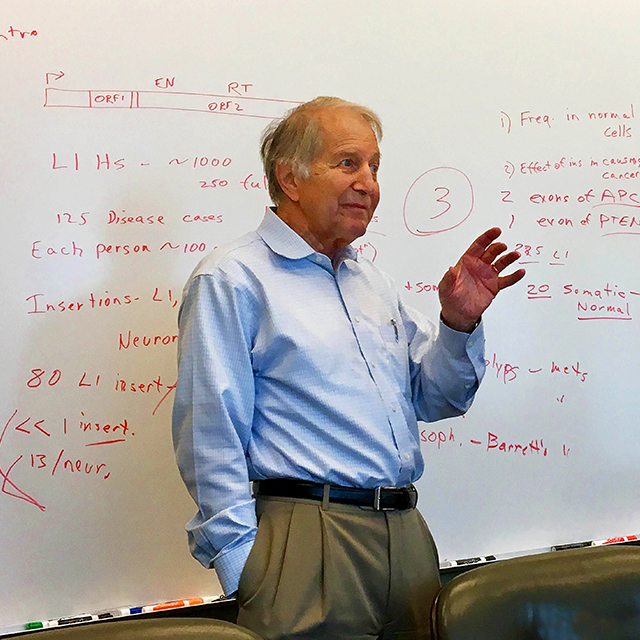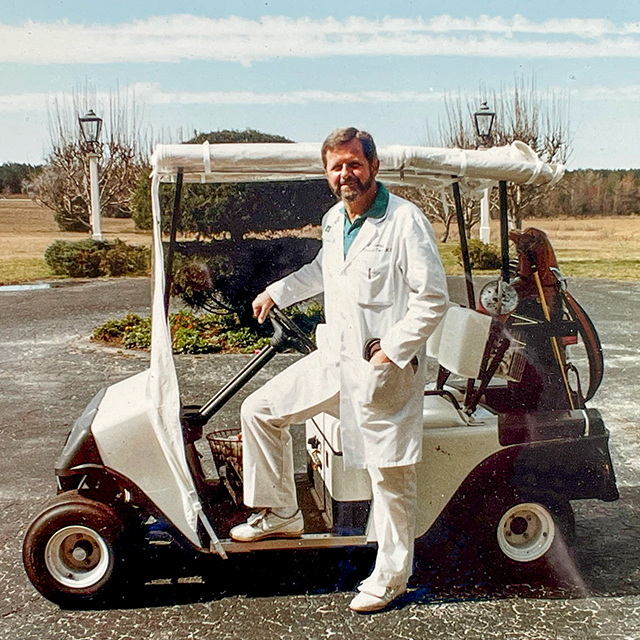Diane Becker, a nationally known expert in prevention and management of coronary disease and a pioneer in community health partnerships, died at home in Baltimore on Nov. 17, 2021, of metastatic breast cancer. She was 78.
Becker, a long-time faculty member at the Johns Hopkins University School of Medicine, earned a nursing degree from Johns Hopkins School of Nursing (1964) and a M.P.H. (1979) and an Sc.D. in health policy and management (1984), from the School of Hygiene and Public Health.
Her innovative research included a study suggesting that low doses of aspirin may help prevent heart attacks in women at risk for cardiovascular disease, and another that found a small daily dose of dark chocolate can decrease the chances of platelets clotting in narrow blood vessels.
In 1982, Becker was founding director of the Johns Hopkins Sibling and Family Heart Study, now known as GeneSTAR, a unique study that recruited more than 4,000 participants from two generations to investigate patterns of coronary heart disease and related risk factors in families with early-onset coronary disease. The study, founded with Johns Hopkins colleagues including her husband, cardiologist Lewis Becker, continues to this day.
“She had extraordinary vision and determination,” says Martha Hill, dean of the school of nursing from 2001–2014.
In 1984, Becker was recruited to the Johns Hopkins University School of Medicine faculty as a researcher in cardiovascular disease prevention. In 1987, she received a primary academic appointment in the school of medicine in the Department of Medicine Division of General Internal Medicine, with a joint appointment in the Bloomberg School of Public Health Department of Health Policy and Management.
Becker is also renowned for her work to reduce health disparities in East Baltimore. She worked with clergy to create health care delivery alternatives in inner city Black communities and to create opportunities for community members to enter health careers. As inaugural research director of the Johns Hopkins Brancati Center for the Advancement of Community Care, she focused on community diabetes care and prevention.
“She had moral courage and a strong sense of social justice,” her husband, Lewis Becker, says.


